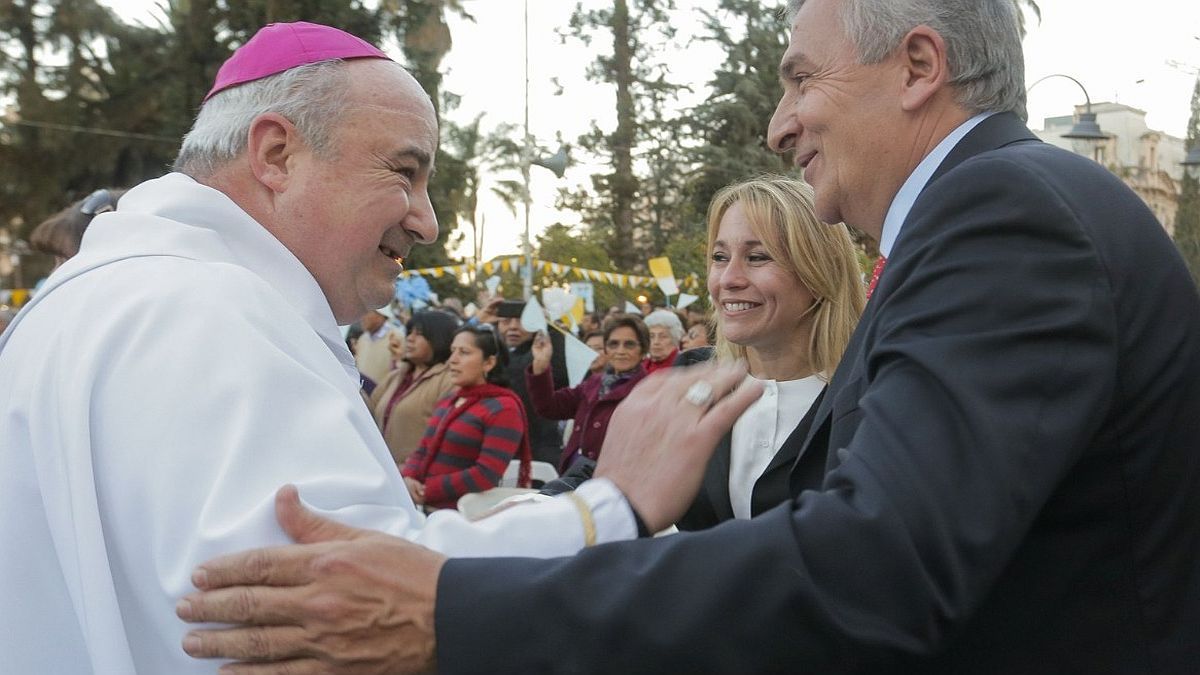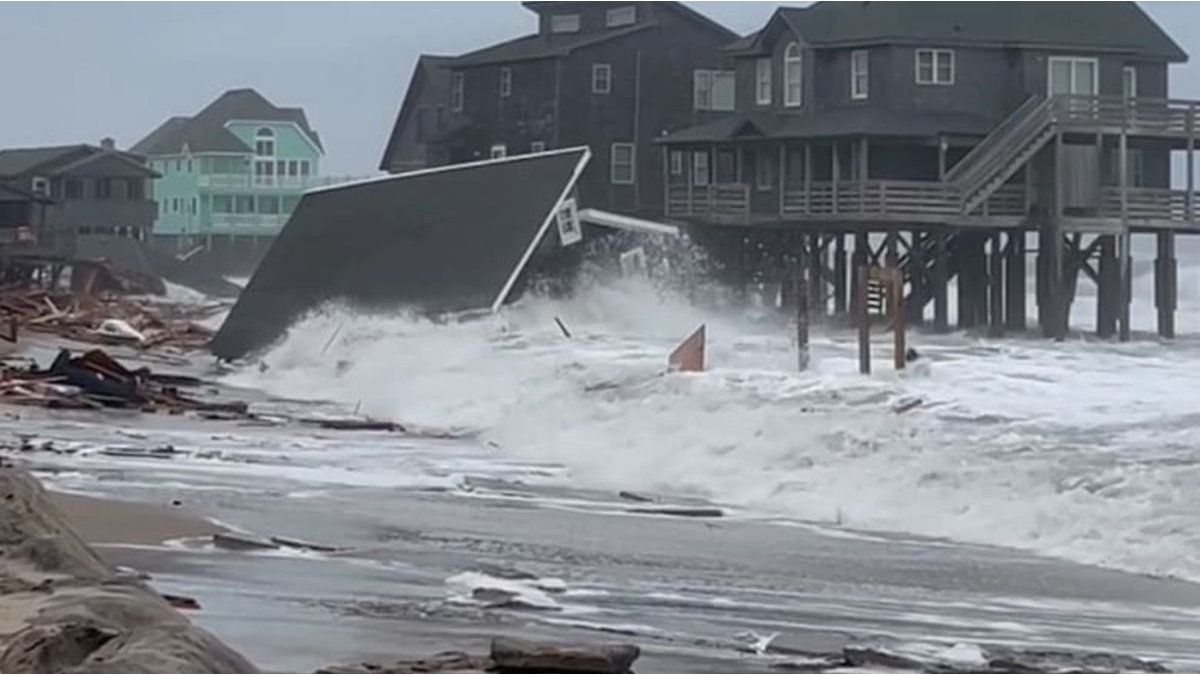The reform of the Constitution of Jujuy was born an orphan of Faith. This happened because the governor of Jujuy, Gerardo Moralesdid not have the presence of the highest Catholic authority in the province at the time of swearing by the new provincial Magna Carta.
Nor was Morales able to swear before the Holy Gospels, as he did when he took office both times as governor of the province (2015 and 2019).
Cesar Daniel Fernandezwho was appointed bishop in June 2012 by the then Pope Benedict XVI, stayed away from the Constituent Convention that Morales presided over with his second, Maria Gabriela BurgosCatholic-trained lawyer.
A few meters from the heart of the conflict, Bishop Fernández, 69, preferred to stay in his ecclesial residence away from the questioned Constituent Convention which he, in private conversations, proposed to supplant by a plebiscite and thus return to social peace. . There was no doubt that the initiative of the radical leader of Together for Change did not have legitimacy within the ranks of the Catholic Church.
In fact, the request of the Bishop of Jujuy not to continue with the reform of the Constitution was demonstrated in the documents and even in a letter from the National Aboriginal Pastoral Team (ENDEPA), which was sent to Morales and Burgos, where they requested the suspension of the reform because “it implies a setback in terms of human rights”.
image.png
But in addition, the body of the Catholic Church specialized in indigenous peoples reproached that “the process of constitutional reform is incompatible with the rights of indigenous peoples to be consulted and to participate in matters referred to them.” ENDEPA warned three days before the incomplete oath that “both the National Constitution (art. 75 inc. 17), ILO Convention 169 on the rights of indigenous peoples, as well as the decision of the Inter-American Court in the Lhaka Honhat case , require the national and provincial authorities to ensure the participation of the communities in their affairs, under certain conditions, such as having prior information, given in a timely manner, and that the consultation and participation is carried out in good faith, and with the objective to reach agreements on matters related to them”.
The Catholic Church, via ENDEPA, also expressed that “the process did not ensure the conditions of access to information and public participation necessary and prior to the definition of environmental content.”
But neither did it give guarantees “in terms of the rights of workers, workers, unions and social organizations”, since “it was only on June 16 and 17 that the details of the proposals that affect the right to protest, the claims of housing, or the consequences that may derive from the exercise of actions to claim rights, because the reform included definitions of a penalizing contravention system”.
@LSchaererOK
Source: Ambito
David William is a talented author who has made a name for himself in the world of writing. He is a professional author who writes on a wide range of topics, from general interest to opinion news. David is currently working as a writer at 24 hours worlds where he brings his unique perspective and in-depth research to his articles, making them both informative and engaging.




